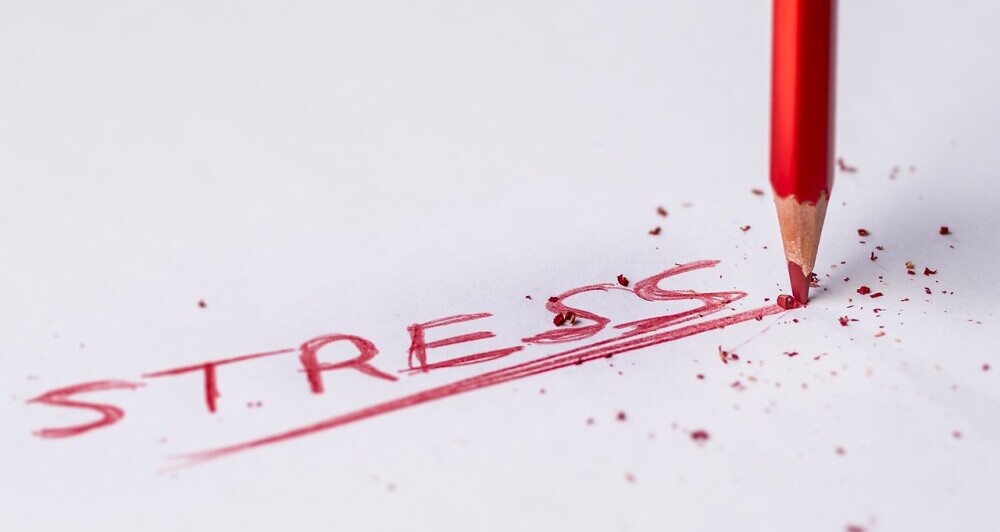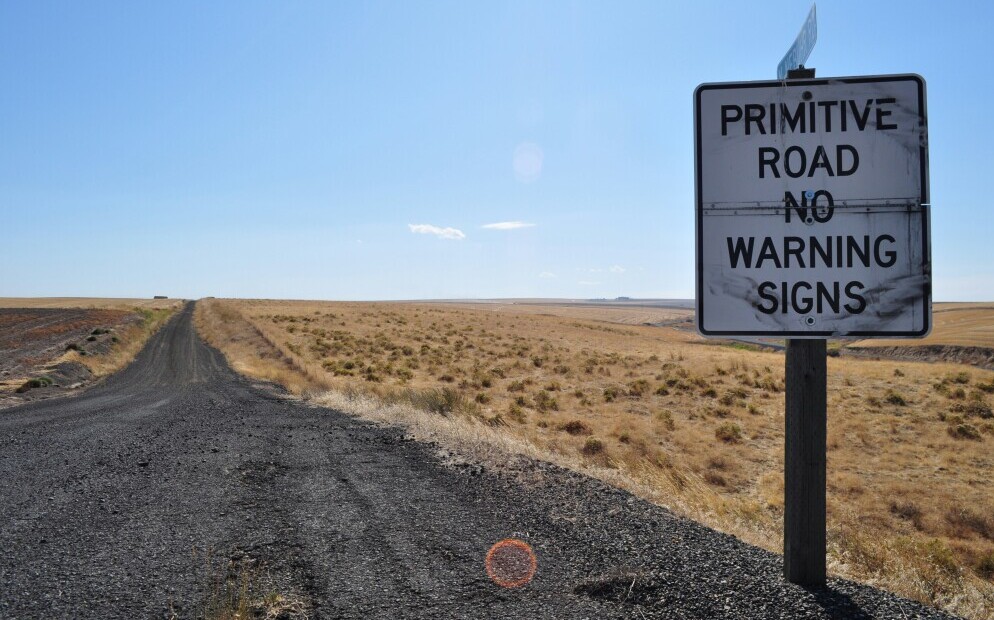Stress often lurks in the shadows, waiting for the chance to infiltrate every aspect of our lives. It’s not just about feeling on edge; it’s a sneaky culprit that can mess with our body’s systems, creating a cascade of health issues that might seem like they’re out of nowhere.
Let me share a slice of my life with you. Imagine dealing with a loved one’s dementia for nearly two decades, only to watch the pattern repeat with another parent. Throw in some personal health scares brought on by excess stress, surgeries that brought more pain than relief, and an unexpected battle with emotional IBS, again from too much stress. I felt like I was stuck in an endless loop of stress, and honestly, I didn’t even know how deep I was in until I looked back.
Stress can be like that bad friend who overstays their welcome, eating away at every part of you, often invisibly. You don’t realize it’s weaving itself into your life, affecting your health until one day everything points back to it. Cancer scares, severe jaw pain, and even unexpected weight gain were all tied to the same underlying thread. Stress had caused every single issue I had, going all the way back to when I was 14. Probably even before that because that’s when the issues from the excess stress began showing up, so it had to be on-going for quite some time by that point.
I guess it takes someone else to point out what you can’t see yourself. When my neighbor said I was physically and emotionally drained, it was an eye-opener. It illustrated just how important it is to be aware of stress and its impacts—before it takes over your existence. Being aware is winning half the battle; only then can you start to protect yourself from this insidious invader.
Stress is a master of disguise, slipping through your defenses. You’ve got to learn to listen to your body and those whispers that say something isn’t right. It’s about catching it before those talons sink deeper. And trust me, it’s a lesson best learned before finding yourself in depths hard to climb out of.
Importance of Awareness: Recognizing Stress Early
Spotting stress early can change the game entirely. But how exactly do you catch sight of something that’s incredibly good at playing hide and seek? Well, like any good detective, it starts with knowing what you’re looking for.
Think about the little things: that nagging headache, the way your shoulders creep up to your ears more often than they should, or the sleep that doesn’t seem as restful anymore. These are some of the clues stress leaves behind. It’s subtle, yes, but all those little pieces can add up to one giant stress puzzle if you’re not paying attention.
What happens if you ignore these signs? Stress doesn’t shrug and walk away. Instead, it digs in deeper, possibly fanning the flames of existing health issues or making new ones out of nowhere. There won’t be any danger signs posted along the way to help you like in the photo above, too bad, too. I could’a used one of those warning signs to tell me that there wouldn’t be any warning. I saw this happen firsthand when years of ignoring my stress landed me in the throes of overwhelming fatigue and surprise ailments. One after another, over and over. Because…I honestly didn’t think it was that bad. In reality it apparently was much worse.
Noticing these subtle signals often requires stepping outside of your own mind. It was a well-meaning comment from my neighbor that broke the spell for me. A third-party perspective can be an invaluable tool, shining light on what you might be too tangled up in to see clearly.
Accepting stress exists is sometimes the hardest part because it means change is necessary. Denial can be comfortable, but it doesn’t solve anything. Sometimes it’s about breaking through that barrier and accepting what’s staring back at you, offering an opportunity to tackle your stress with open eyes and a plan to reclaim control.
Immediate Stress Management Techniques
When stress hits hard, the instinct is often to do more, rush more, panic more. But sometimes the best first step is the simplest one—breathe. Taking a moment to just breathe can stop the frantic spiral in its tracks and give you a moment to anchor yourself.
Being grounded is about pulling yourself back to the present moment. We might not have all the answers to life’s problems, but we can choose how we respond to them. Simple practices like feeling your feet on the ground or the sensation of your breath can quickly remind you that you’re right here, right now.

And let’s not underestimate the power of relaxation. Sure, it sounds cliche, and people say it all the time, but finding moments of genuine relaxation in simple, everyday activities can be a game-changer. Whether it’s a hot bath, a favorite song, or just staring out the window, these moments help reset the stress cycle.


Communication is key too. Sometimes just talking about what’s weighing on you can make a world of difference. It’s okay to voice it out loud to a friend, a loved one, or even a support group. As they say, a problem shared can often be a problem halved.
Over the years, in the middle of all the chaos, I found some strategies that actually worked. Not all of them are easy, and they don’t work overnight, but with some patience and persistence, these tools can start to make a real difference in reducing the immediate load of stress.
Lifestyle Changes for Long-Term Stress Management
When it comes to managing stress over the long haul, changing how you live is often part of the equation. It’s about making choices that support a healthier mind and body, setting yourself up to handle whatever life throws your way.
Physical well-being plays a huge role in easing stress. Regular exercise isn’t just good for the body; it does wonders for your mind too. Think of it as your daily dose of endorphins, your built-in stress busters. Coupled with a balanced diet, these habits help fortify your body against stress.
Mental health is just as crucial. Practices like meditation or mindfulness can teach you how to navigate through stress without being swept away by it. And let’s not undervalue therapy. Sometimes having a professional to help unpack your thoughts can provide clarity you didn’t even know you needed.
Learning to establish boundaries is another biggie. It’s about knowing your limits and saying no when you’re stretched too thin. It might feel uncomfortable at first, but protecting your energy saves a lot of stress down the road.
Regular self-checks should be part of the routine. Take time to sit with yourself and look at what’s causing pressure. Is it work? Family obligations? Or those unresolved health worries? Identifying stressors allows you to tackle them before they grow too big.
For me, life after my parents and those health scares slowly started to refocus. It was about integrating these lifestyle changes and seeing how they could break the cycle of stress, nudging me towards a healthier, more resilient life.
Moving Forward: Building a Resilient Lifestyle
Creating a lifestyle strong enough to resist stress is like building a fortress around your peace of mind. It doesn’t happen overnight, but with time and effort, you can build a life that isn’t easily disrupted by challenges.
Setting long-term goals is essential. These don’t have to be huge leaps but small, achievable steps that help you move towards a calmer existence. It’s about identifying what really matters to you and directing your energy there, rather than allowing stress to take the lead.
Support is another crucial element. Leaning on friends, neighbors, or even professional help when needed isn’t a sign of weakness but strength. It’s about recognizing when you need a hand and accepting it’s okay to ask for help.
Finding joy is like finding an oasis in a desert. Life can be chaotic, but small pleasures should be savored. Maybe it’s a hobby you’ve been wanting to pick up or a walk in the park. These are moments that can spark joy amid the everyday grind.
Changing your mindset can be incredibly powerful. Viewing past stressful experiences as stripes of survival, badges of resilience, transforms them from burdens into points of strength. It’s about shifting focus from what you’ve lost to what you’ve gained in wisdom and strength.
Rebuilding life after a sea of stress is a personal journey. It’s a gradual awakening, a process of rediscovery. I found a new zest for life when I allowed myself to really live beyond stress, to soak in the good that each day brings and to remember that it’s about balance, not perfection.

The article on stress management techniques for a healthy lifestyle offers a practical overview of how individuals can reduce daily stress through methods like mindfulness, regular physical activity, healthy eating, and adequate sleep. It emphasizes the importance of recognizing stress triggers and incorporating relaxation practices such as meditation or deep breathing to support mental well-being. By integrating these habits consistently, the article suggests readers can improve both their emotional resilience and overall health, making it a useful guide for those seeking sustainable lifestyle changes.
Hello, AJnaval. Thank you for your comments. I’m glad to hear you found it useful. All my best, FireLava